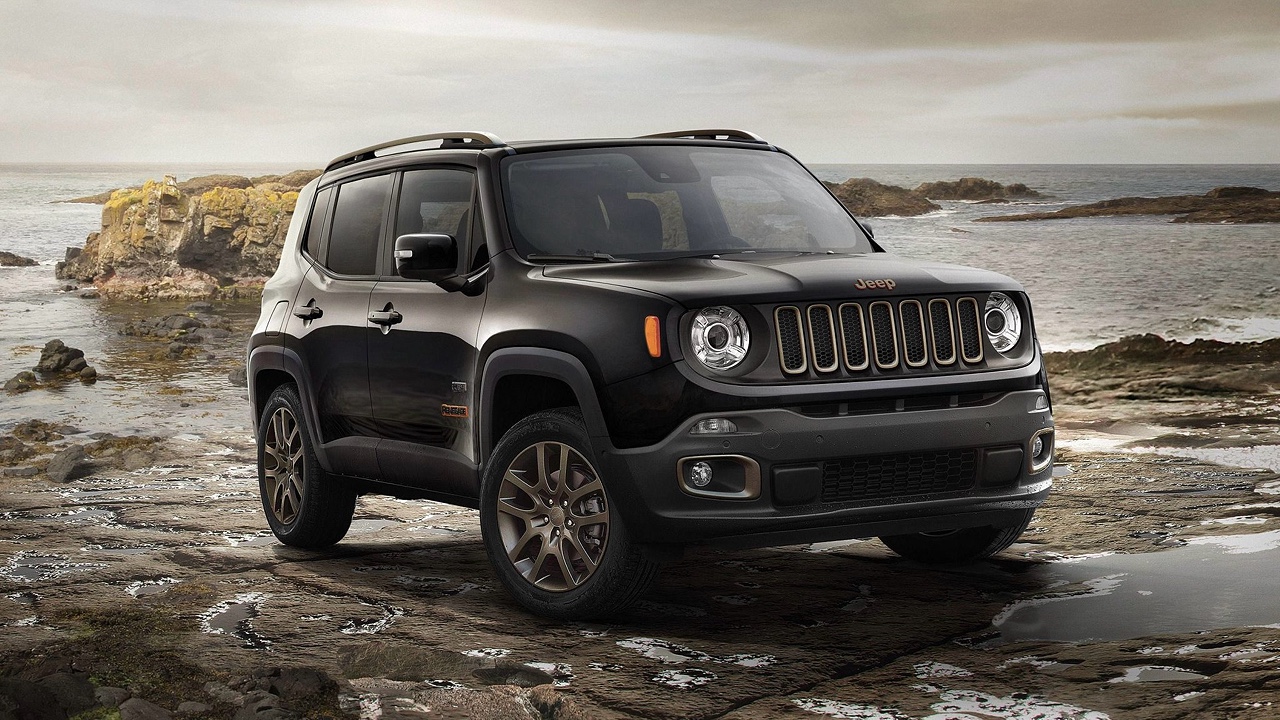
A recent survey revealed that nearly 40% of small SUV owners regret their purchase, a statistic that underscores a growing dissatisfaction with this vehicle segment. As small SUVs continue to gain popularity—accounting for over 30% of new vehicle sales in the U.S. in 2022—many drivers are voicing concerns about their choice, highlighting issues related to comfort, fuel efficiency, and overall value. This trend not only affects individual consumers but also poses challenges for manufacturers who must address the shifting sentiments of buyers.
Comfort Concerns
One of the primary reasons drivers regret their small SUV purchases is comfort. According to the same survey conducted by Consumer Reports, over 50% of respondents stated that their small SUVs did not provide the level of comfort they anticipated. Many drivers find the back seats cramped and the overall cabin space lacking, especially compared to traditional sedans or larger SUVs.
For example, the 2021 Honda HR-V received mixed reviews for its interior space, with many owners noting that while it looks spacious on the outside, the actual passenger experience falls short. This sentiment is echoed across various models, leading to a widespread perception that small SUVs often compromise passenger comfort for a sportier design.
Fuel Efficiency Disappointment
While small SUVs are often marketed as fuel-efficient alternatives to larger vehicles, many owners report that their real-world fuel economy does not match manufacturers’ claims. According to the Environmental Protection Agency (EPA), the average fuel economy for small SUVs is around 25 miles per gallon (mpg); however, many drivers are seeing figures as low as 20 mpg under regular driving conditions.
The 2022 Ford EcoSport, for instance, is advertised at 27 mpg on the highway, but numerous user reviews indicate that actual performance can be significantly lower, especially in urban settings. This discrepancy not only frustrates drivers but also leads to higher-than-expected fuel costs, further contributing to buyer regret.
Price vs. Value
Another contributing factor to buyer regret is the perceived value of small SUVs compared to their price. The average purchase price for a new small SUV has climbed to approximately $30,000, a significant investment for many families. Despite this cost, many owners feel they do not receive the quality and features they expect at that price point.
For example, the 2023 Chevrolet Trax comes with a starting price of around $21,000, yet many owners find the standard features lacking compared to similarly priced compact cars. The disappointment in value is compounded by the fact that many small SUVs offer minimal advantages over their less expensive sedan counterparts, prompting buyers to question their choice.
Safety and Reliability Issues
Safety ratings and reliability are also areas of concern for small SUV owners. A report from the National Highway Traffic Safety Administration (NHTSA) found that several popular small SUV models, such as the 2020 Nissan Rogue, have received mixed safety ratings, which can deter potential buyers. Furthermore, reliability issues, including frequent recalls, have plagued specific models, leading to increased maintenance costs and frustration among owners.
In 2021, the Hyundai Kona was recalled due to potential fire risks, affecting nearly 40,000 vehicles. Such incidents not only impact consumer trust but also contribute to a growing sense of regret among owners who expected a reliable vehicle.
Shifts in Consumer Preferences
The shifting landscape of consumer preferences is also a critical factor in the growing dissatisfaction with small SUVs. As more drivers prioritize sustainability and economy, many are reconsidering their choices. The rise of electric vehicles (EVs) and hybrids has led some small SUV owners to wish they had opted for a more eco-friendly option, especially given the increasing electric vehicle infrastructure across the country.
Surveys show that over 25% of small SUV owners are now considering switching to an electric vehicle due to lower operating costs and environmental concerns. This shift reflects a broader trend, where consumers are increasingly aware of their vehicle’s impact on the environment and are looking for alternatives that align with their values.
Urgent Call to Action
With nearly 40% of small SUV owners expressing regret over their purchase, it is crucial for prospective buyers to carefully evaluate their options before making a decision. Conduct thorough research, consider test-driving multiple models, and weigh the importance of comfort, fuel efficiency, and overall value against your specific needs. As the automotive landscape continues to evolve, staying informed will help you make a choice that you won’t regret.
